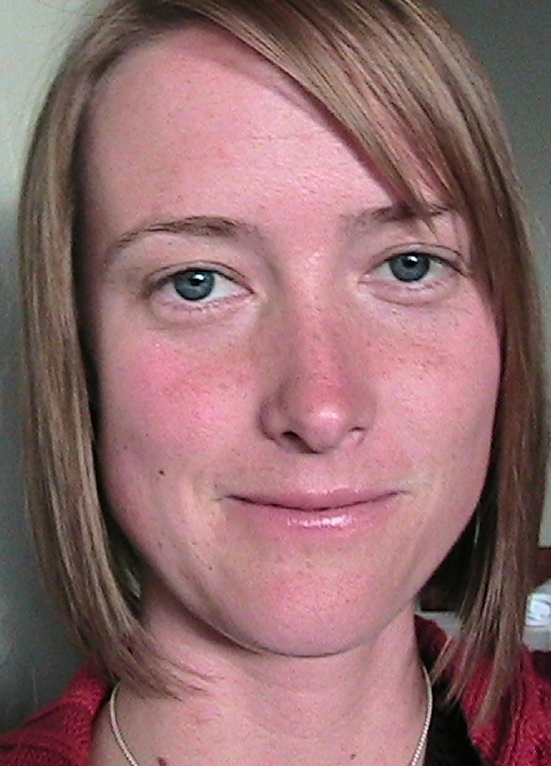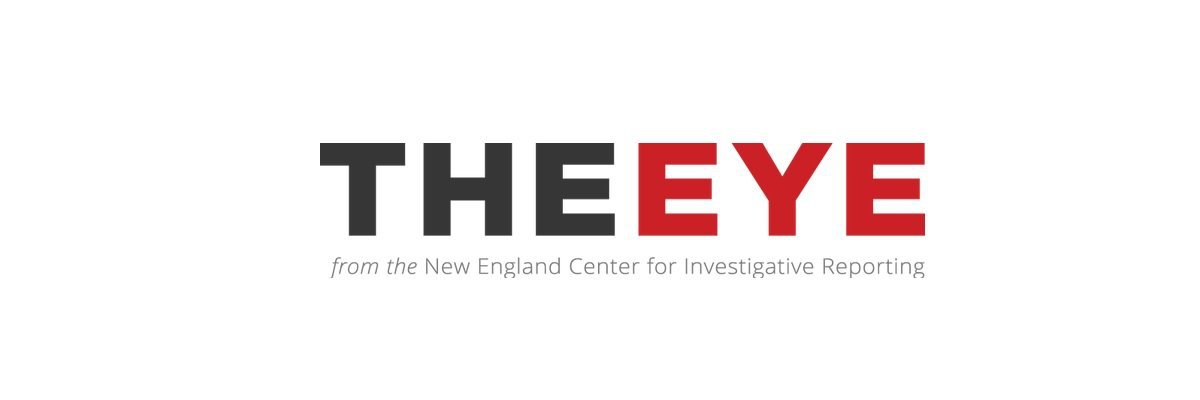
Brooke Williams is an investigative reporter currently working out of the Edmond J. Safra Center for Ethics at Harvard University. Previously, she worked at the Center for Public Integrity, the San Diego Union-Tribune, and Investigative Newsource. Brooke’s current work focuses on private funding of think tanks and their impact on public policy. In this week’s Requester’s Voice, Williams argues that a culture shift in government openness is more important than a policy change, and shares some stories from her FOI past.
What was your first public records request?
My first request ever was when I was in journalism school at University of Missouri, so the late 90s. As part of Sunshine Week, my program sent journalism students out to file a request.
Mine was for a police report, and they wouldn’t give it to me. I remember standing in the waiting room at the police station with the bulletproof glass — a copy of the Missouri public records law in hand — and demanding: “This is a public record!”
I went back and tried again, but eventually I had other assignments and classes and I let it go. Fast forward a few years and I don’t let it go anymore.
My first request as a professional journalist was at the Center for Public Integrity around 2004. I was a part of the team that worked on the Windfalls of War project. We requested defense contracts for ‘reconstruction work’ in Iraq and Afghanistan. We fought with the Department of Defense for more than a year over some heavily redacted documents — and eventually won — but some of them were almost completely redacted.
Fun tidbit: One of the companies whose records were almost completely redacted wound up being MZM, the company connected to the Duke Cunningham bribery scandal.
How about a favorite request?
I love requesting emails and communications.
When I was at the San Diego Union-Tribune, I was well known at city hall for requesting communications — so you think they would’ve realized…
Anyway, in La Jolla Cove there’s an area that used to be a children’s play area that had been taken over by seals some time ago. Some of the residents wanted to be able to swim there again, and other residents said, “No this is where the seals live now, this is their home.”
The former group ended up temporarily winning, and so the city had to come up with a plan to get the seals to go away. Their plan was to bring a speaker down to La Jolla Cove and play the sound of barking dogs to scare the seals away.
So the question became: How loud are these dogs going to be?The environmental reporter had tried to find out to no avail. So I filed a public records act for communications. And the return was hilarious.
An email between the public official and the communications director answering questions sent by our environmental reporter said the system would be loud, up to 109 dB and would be adjusted accordingly during use. The communications director then sent our reporter an answer partially crafted by a former Union-Tribune columnist who worked at the agency, but which did not include the specific dB levels. [Note: You can read the internal exchange here.]
My other favorite request resulted in an “Employees Only” gate being put up at city hall.
What tips and tactics have you found useful in your career in public records that might benefit a novice?
I would read the entire law so that you can truly digest what your rights are. Being able to speak about the law with authority helps put you in a position in which you’re more likely to get the records.
The second thing I would do is ask reporters who have dealt with these agencies just how open they are. Find out if there’s someone in the agency who is more devoted to government openness or someone who’s not. Get a sense of who to call or if you’re going to be entering a fight to begin with.
-
Start out nice. It’s time-tested.
-
Find ‘the guy in the basement’. I had a guy in the basement in San Diego who was very helpful when it came to getting payroll records. He was able to help me figure out what the format was and what data was available.
-
Pick up the phone or go in person. Be a person — don’t just be someone writing an email.
-
Before you file, let someone know that you’re going to be filing and ask for a chance to talk with a person about the types of records you’re going to be requesting.
-
Giving the records holder a position of power can help psychologically. Tell them that you’re just learning about these records and ask for their expert opinion.
-
Take very good notes, because more than likely any initial friendliness will pass.
-
When you do eventually file the request, be sure to include certain phrases. I’ve learned to include “any and all.” And at the end of my request I put: “Thank you in advance for your commitment to an open and transparent government process.”
-
I don’t know that all states allow this, but ask to receive the records as they become available. And ask the agency to call you if there’s an issue with the scope of the request so that you can work with them to tailor it.
-
Ask for the records in their original electronic format.
-
Keep a FOIA log. Every time you meet with someone, make a phone call, etc. add it to the log. Then when you call back you can say, “Hey this is the fourteenth time I’ve called this week.” When you have all those details, they know you mean business.
-
Also keep an ongoing list of FOIA ideas and with something like MuckRock you can actually execute them quickly.
-
MuckRock is super helpful. I’m new to MuckRock, but it’s awesome. There are ways to make FOIA easier. I have requests out that maybe 10 years from now I’ll get a box. It’s like Christmas. Using MuckRock, though, I can submit a request and not worry about it. For my work, it’s also going to be amazing to use the multi-request feature and hit a bunch of agencies at once with one request.
One last thing. If you can avoid filing a request at all, do it. When you go to talk with an agency about records sometimes you just have to ask and they’ll give you the records.
What are you working on right now?
I’m investigating think tanks, public policy research organizations that aim to shape public opinion, public discourse and public policy.
Almost all of them receive money from corporations and from foreign governments as well as foundations and individuals. In an effort to understand how they’re interacting with federal agencies I’m requesting communications from these think tanks to all sorts of federal agencies.
This matters because of the money that thinks tanks receive from companies that have a fiduciary duty to make money and foreign government that have the interest of their public in mind.
So who is paying the think tanks is important and right now it’s very hard to find out any of that information.
What do think needs to happen on a policy level for more openness to occur from government agencies?
I don’t know if policy can fix this.
In my experience it’s about an individual’s commitment to open government because you’re dealing with individuals. And of course they have attorneys who review legal language but usually in the end you’re dealing with individuals and their commitment to open government.
So how do you change an individual’s dedication to open government, to serving the public, versus dedication to helping their own team, office, colleagues, boss to not look bad.
I want to be optimistic, but I can’t imagine a policy that would require those individuals who are making these decisions to release the public records.
The best idea that I could think of right now is starting from the beginning with training in open government and having leaders in place who truly believe in open government.
There are many dedicated people — I would say at every public office — and finding them can be truly amazing.
Finding a way to change the culture in government offices rather than the policy would be my hope. But in the meantime, find those few individuals who are dedicated.
Image via NECIR.org




